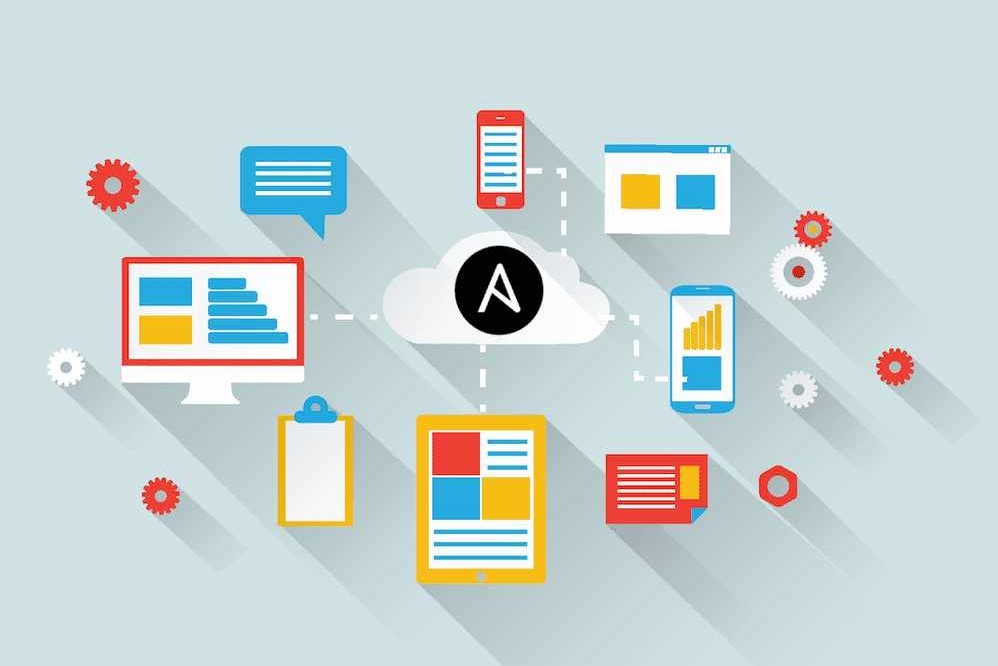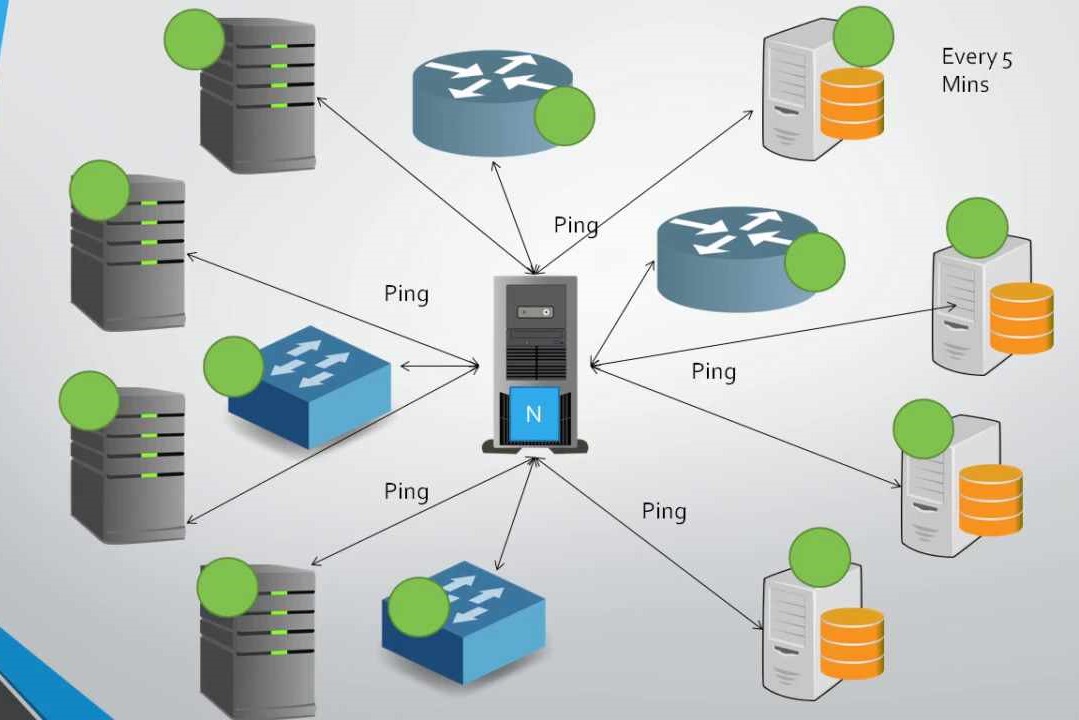Course Information
- Course Price $250
- Total Students 800+
- Course Duration 4 Weeks
Description
Development and Operations are no longer separate roles within the scope of the IT department. Nowadays, DevOps impact the way IT teams’ function by enhancing collaboration between developers, sysadmins and testers. DevOps also boost deployment rates, defect identification and feature delivery. Basically, it is based on the idea that building, testing, and releasing software can be performed in a hassle-free manner and automatically if the proper team of professionals is working in collaboration. Continuous delivery and deployment is crucial to delivering high-quality software products quicker than ever before. Being an open-source continuous integration server Jenkins is written in Java. It is the most commonly used tool for controlling continuous integration builds and delivery pipelines. It assists developers in creating and testing software in a continuous manner. It raises the scale of automation and is rapidly gaining popularity in DevOps circles. Jenkins requires little maintenance and consists of a built-in GUI tool for simple updates. Jenkins also offers customized solutions since there are over 400 plugins to support creating and testing virtually any project. Essentially, Jenkins integrates development life-cycle processes of all types
Benefits
- Jenkins is open source, user-friendly, simple to install and does not need additional installation or components.
- Jenkins is free of cost.
- Jenkins can be modified and extended in a hassle-free manner. It deploys code rapidly and produces test reports. Jenkins can be configured as per the requirements for continuous integration and continuous delivery.
- Jenkins is available for every platform and multiple operating systems.
- The wide range of plugins makes Jenkins flexible and allows building, deploying and automating across several platforms.
- Since Jenkins is open source and exhaustively used there is no scarcity of support from huge online communities of agile teams.
- Developers write the tests to identify the errors of their code as early as they can. Hence the developers don’t waste time on large-scale error-prone integrations.
- Problems are found out and fixed immediately which maintains the software in a state where it can be released at any instant safely.
- Most part of the integration work is automated. Thus, there are less integration concerns. This saves both time and money in the lifetime of a project.
Syllabus
The syllabus for Jenkins is highly comprehensive and covers all the concepts related to this continuous delivery application. It is updated regularly and is the best in the industry.
- Introduction Jenkins
- Getting started with Jenkins
- Plugins
- Setting your first build job
- Advanced build jobs features and Security
- Jenkins setup to Implement Automated Testing
- Improving Code quality using other metrics
- Arrangements of Nodes and Master-Slave
- Jenkins Maintance and Backup
- Deploying Application to Web Server and Continuous Delivery






